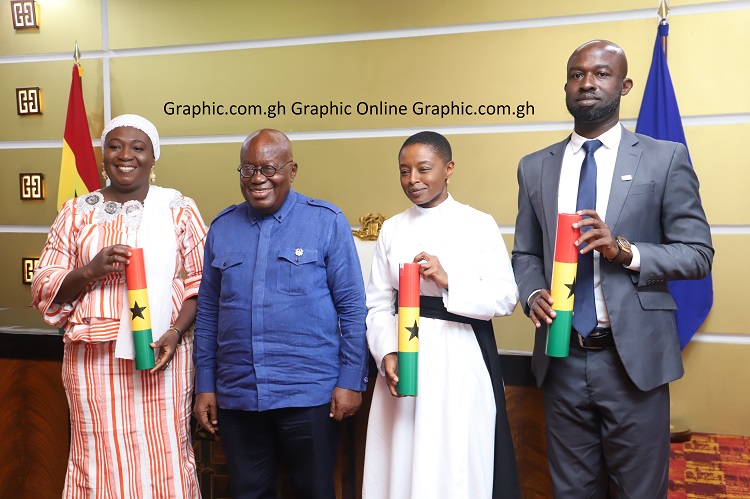
NDC urges Council of State to reconsider the appointments of Hajia Tijani and Dr Appiahene to EC Board
The main opposition party in Ghana, the National Democratic Congress (NDC), has requested that the Council of State review the appointments of two members of the Electoral Commission's governing board.
The NDC has expressed concerns about the affiliations of the newly appointed members, Hajia Salima Ahmed Tijani and Dr Peter Appiahene, with the ruling New Patriotic Party (NPP).
The Coalition for Democratic Election Observers (CODEO) and some members of the public have also criticized the appointments.
A letter to the Council of State, signed by the Chairman of the NDC, Johnson Asiedu Nketiah urged a reconsideration of the appointments, arguing that the reputation of the Electoral Commission would be further tarnished if the appointments were not rescinded.
Advertisement
The NDC's letter cited evidence of Dr. Appiahene's and Hajia Salima Ahmed Tijani's affiliations with the NPP, including their involvement with TESCON, the NPP's tertiary wing, and their close relationships with senior NPP officials.
Although the appointments have already been sworn in, the NDC hopes that the Council of State will review its advice to the President to avoid any perception of complicity in the appointment of "patently partisan individuals" to the Electoral Commission.
“Dr. Peter Appiahene is not only a card-bearing member of the ruling New Patriotic Party but a recognized leading figure within the ranks of the Party. He has been a patron of the tertiary wing of the New Patriotic Party, TESCON, at the University of Energy and Natural Resources in Sunyani since 2017. He is a known communicator of the New Patriotic Party in the Bono Region on both radio and television," the letter reads.
“Prior to his appointment to the Electoral Commission, Dr. Appiahene had played various leading roles for the New Patriotic Party in the Bono Region. Indeed, he touts himself in his political profile and personal credentials as “a strong NPP man with a lot of experience in election issues in Ghana”.
“We are nevertheless of the view that against the background of the evidence that we have presented, it is possible for the Council to re-consider its advice to the President in order to erase any perception that the Council has been complicit in the appointment of these patently partisan individuals to the Electoral Commission and to safeguard the integrity of the Council as far as its role in the structure of our governance architecture is concerned.”
The letter was also copied to some foreign missions in Ghana.
